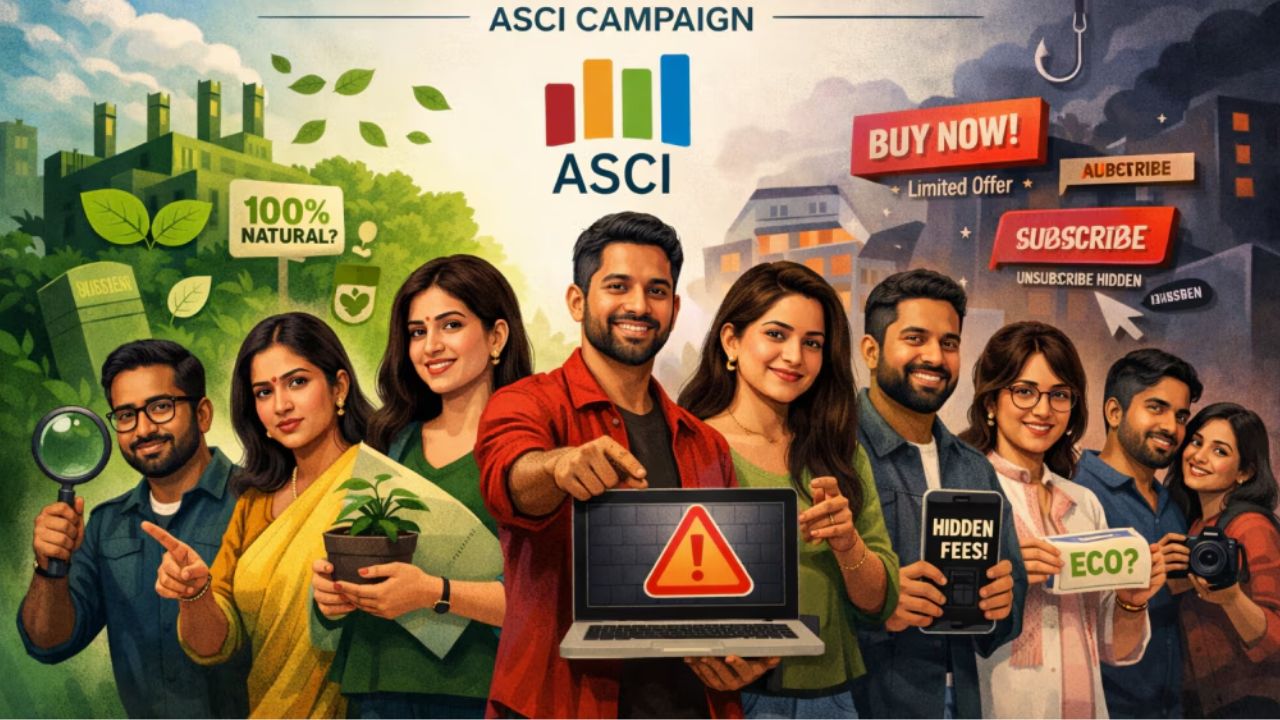In an era where environmental consciousness is more critical than ever, sustainability has become a key focus for many brands. Yet, the way companies communicate their eco-friendly initiatives is shifting.
Marketers are increasingly cautious about broadcasting their sustainability efforts due to the fear of being accused of greenwashing. This trend underscores the importance of transparency and authenticity in sustainability marketing.
Understanding the implications of greenwashing and how to navigate sustainability communications can help brands build trust and foster genuine progress. Greenwashing is a term that has become increasingly prevalent in recent years.
It describes situations where companies make exaggerated or misleading claims about their environmental practices. The backlash against greenwashing can be severe, as it damages a brand's reputation and erodes consumer trust. But most important is the fact that greenwashing allows companies to appear sustainable and keeps them from taking concrete steps to be more eco-friendly.
Caution: Sustainability marketing in progress
In today’s market, consumers are more informed and sceptical than ever, often scrutinising green claims to ensure authenticity. Many global brands across sectors have faced backlash and lost consumer trust for not accurately communicating the extents of their sustainability efforts.
Given the risks, it’s understandable why brands might exercise caution. However, this hesitation can be beneficial.
Being overly aggressive in promoting sustainability without substantial actions can lead to greenwashing. By adopting a more measured approach, companies can avoid overpromising and underdelivering. Instead of making sweeping claims, they should try to focus on incremental, verifiable progress.
Transparency and authenticity make all the difference
How can brands promote their sustainability efforts without intentionally or unintentionally greenwashing their consumers? The key lies in transparency and authenticity.
When it comes to navigating this complex landscape, companies should prioritise action over promotion. Before even reaching the marketing stage, companies should first prioritise taking meaningful action towards being more sustainable. This can mean making pre-existing products and processes more eco-friendly, pursuing science-based emissions reduction goals, and more.
For example, bathroom fittings companies can consider developing showerheads and taps that use less water, or even having their pre-existing showerheads made locally instead of having them shipped across the world during manufacturing.
Communicate real and measurable efforts
Companies across sectors should provide clear and quantifiable evidence of their sustainability initiatives. Instead of vague statements about progress and green claims, they should present current data with specific examples.
For instance, if a company claims to reduce carbon emissions, it should share detailed reports and progress metrics aligned with global reporting standards such as the Global Reporting Initiative (GRI) and International Sustainability Standards Board (ISSB). Not only does this promote transparency and accuracy, but also makes it easier for data to be collected and compared on a global scale.
It is crucial for brands to be honest about what they have achieved and what they are still working on. Not only is it important to accurately report their successes, but also to report their mistakes and where they might need more guidance.
Overstating accomplishments can lead to scepticism and backlash from consumers. Not only this, but it can also lead to inaccuracies in data, which can have larger consequences when trying to assess the company’s overall environmental impact. Acknowledging areas for improvement shows a commitment to ongoing progress.
Marketing should reflect the actual efforts and initiatives within the company, and not fictional or made up programs. This can help companies build credibility and trust with consumers and even within their industries. For example, if a brand is working on sustainable packaging, it should showcase the development process, challenges, and milestones rather than just the end result.
Building trust through authentic sustainability efforts
Several companies have successfully navigated this path, gaining consumer trust through transparency and genuine actions. Known for its environmental activism, Patagonia has built a strong reputation by being transparent about its supply chain and sustainability practices.
The company’s Worn Wear program, which encourages customers to repair and reuse their clothing, is a testament to its commitment to sustainability. Patagonia regularly publishes detailed reports on its environmental impact, fostering trust through honesty and openness.
Similarly, IKEA has been proactive in communicating its sustainability goals and achievements. Its ‘People & Planet Positive’ strategy outlines clear, measurable targets, such as using 100% renewable energy and sourcing all wood from sustainable sources by 2030. The company’s transparency in reporting progress and challenges has helped build consumer trust and reinforce its commitment to sustainability.
While the fear of greenwashing is prompting marketers to be cautious in broadcasting their eco-friendly initiatives, it can be used to promote tangible progress towards a more sustainable future. By focusing on transparency, authenticity, and measurable actions, brands can navigate the complexities of sustainability marketing.
Not only this, but companies must also remember that consumers today value honesty and integrity. Rather than shying away from discussing their sustainability efforts, companies should embrace transparency and authenticity. By doing so, they can not only avoid the pitfalls of greenwashing but also strengthen their reputation and build lasting consumer trust.
Abhijeet Sonar, head of marketing, Hansgrohe India.





